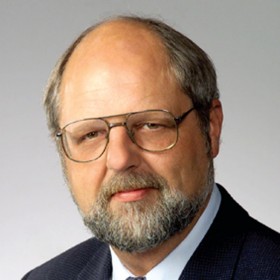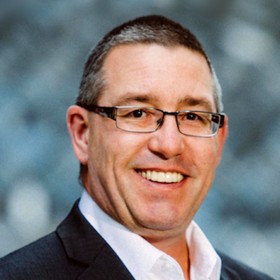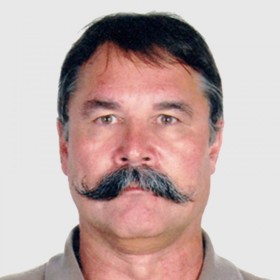Abstract: Advances in the Realm of Hydrogeophysics: The Emerging Role of Quantum Geoelectrophysics in Aquifer Exploration
As a preview to our October 2018 RECORDER, we present this abstract.
Water is integral to our economy, the health of our environment, and a necessity for all life forms and human development. Most water is accessed from surface sources, primarily rivers, which are now under increased threat due to over use and growing hydro-political forces. Still, groundwater exists as a viable option in many countries facing these mounting challenges. Knowledge of our deeper groundwater systems, although increasing, is still quite limited due to our propensity to focus efforts in the lower cost, lower risk, near-surface environment. Accessibility to shallow groundwater is tightening due to increasing use, changing regulatory requirements, and climate change.
The use of classical geophysics to explore for groundwater resources, such as seismic, gravity, magnetics, and resistivity, has been the industry standard for many decades. Classical technologies have proven quite effective in both the shallow and medium depth environments. However, newer space-based, and earth-based sensing technologies are now emerging that are more efficient, effective, and economical relative to classical technologies for groundwater exploration and development programs, while causing little to no environmental impact.
Quantum Direct Matter Indicator (QDMI) technologies, or applied methods of Quantum Geoelectrophysics (QGEP), are poised to enhance the hydrogeophysical industry, much like electromagnetic (EM) and electrical resistivity tomography (ERT) did decades ago. QDMI utilizes resonant frequency remote (via satellite) and earth-based direct sensing technologies that detect perturbations in the earth’s natural electric, magnetic, and electromagnetic fields. Controlled source electromagnetic pulse methods with electromagnetic spectrum spectroscopy analysis are used to identify aquifers, including their thickness, quality of water (fresh or saline) and temperature characteristics accurately to depths of 1000 m or more.
With multiple successes around the world, the deployment of this inventive, innovative, and effective approach to groundwater exploration is poised to advance exploration geophysics globally. This article provides a background on this emerging technology and presents a recent case study in Mexico where the technique was successful in deciphering a complex aquifer system being accessed for industrial water supply.








